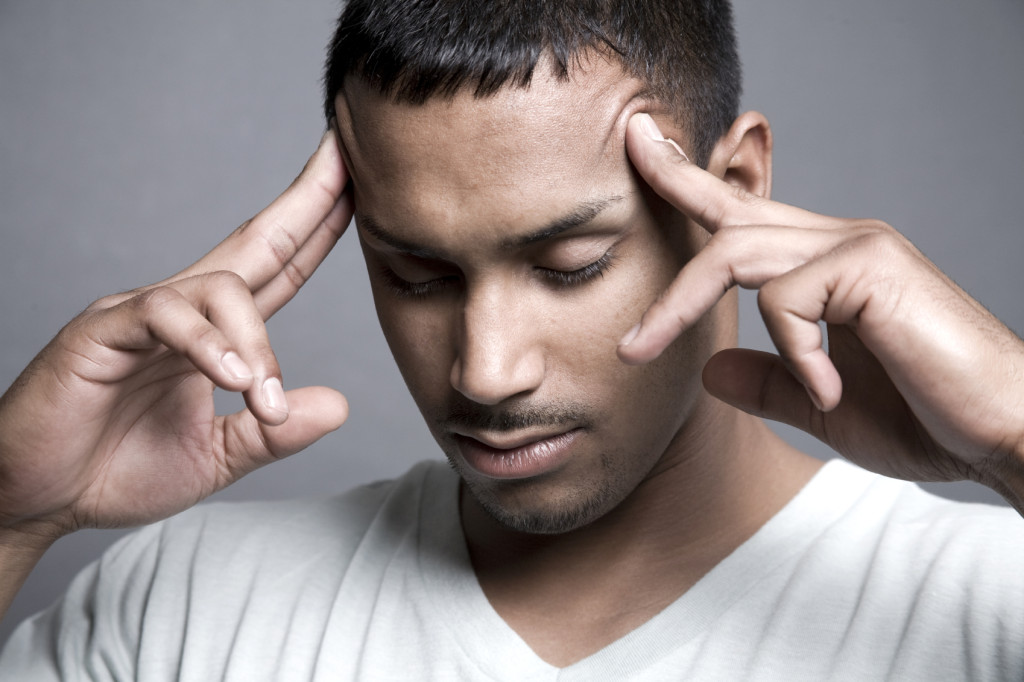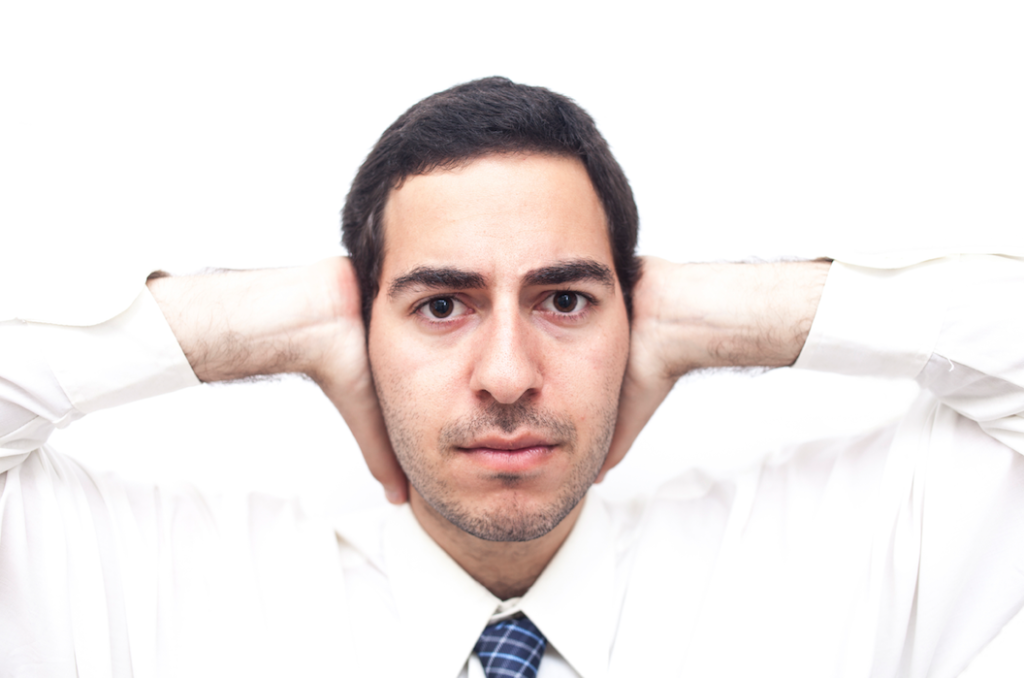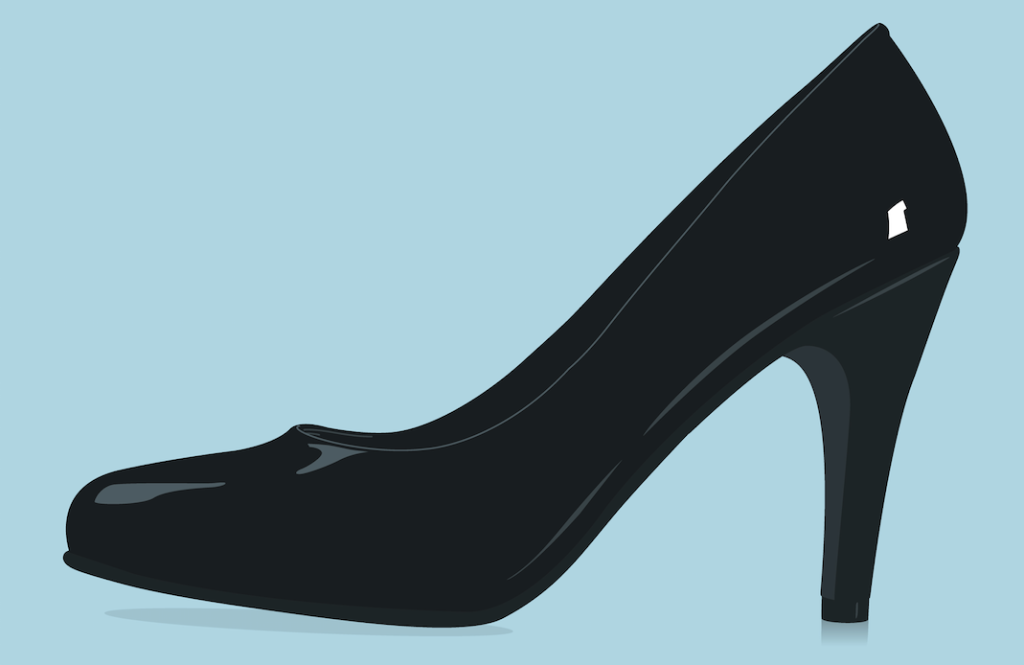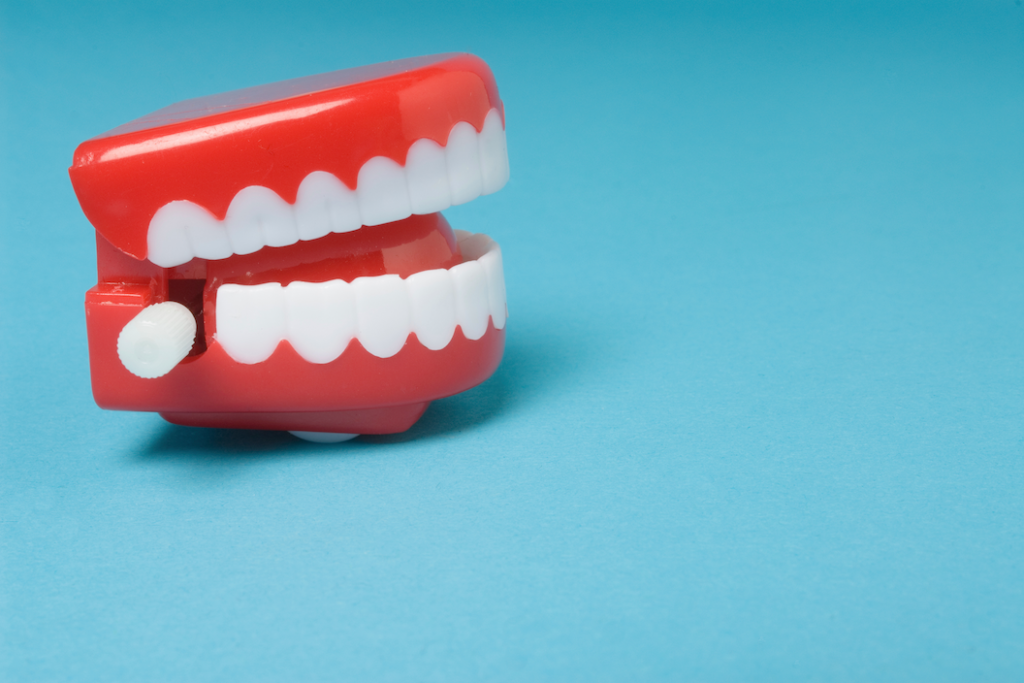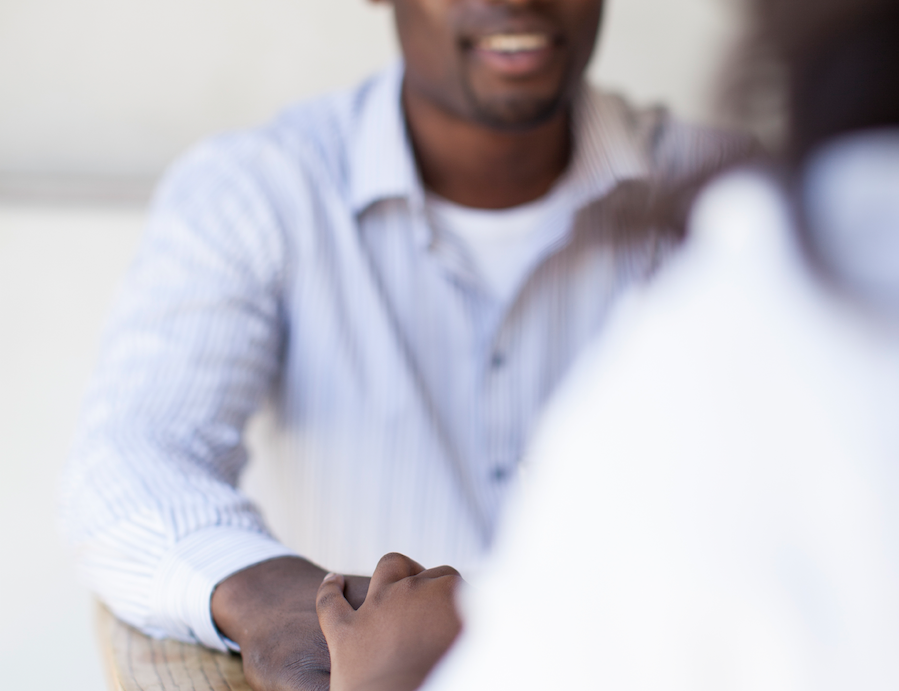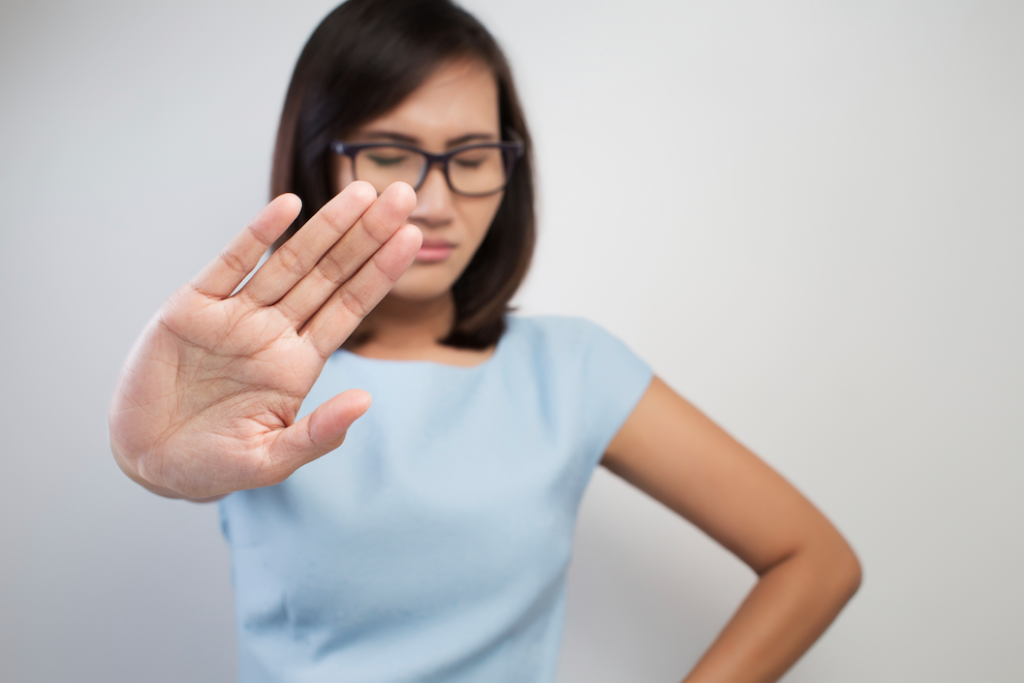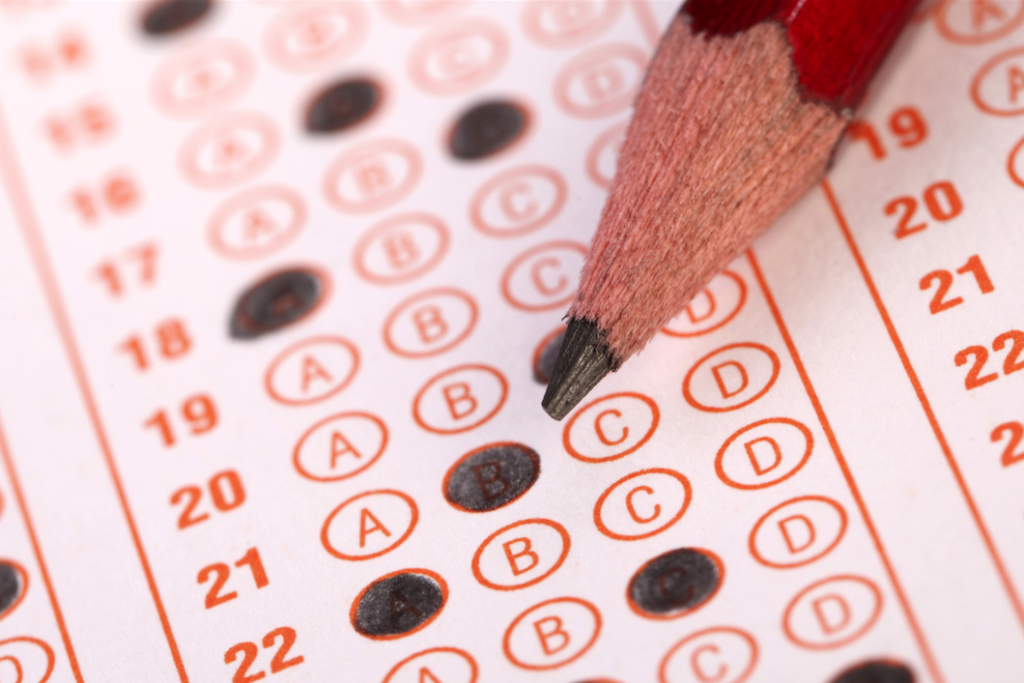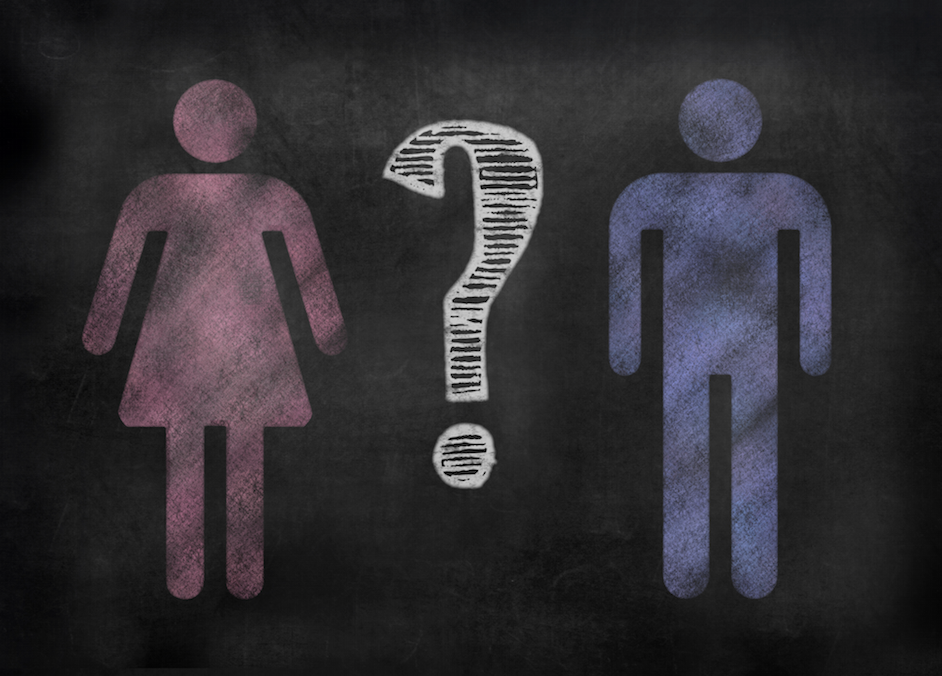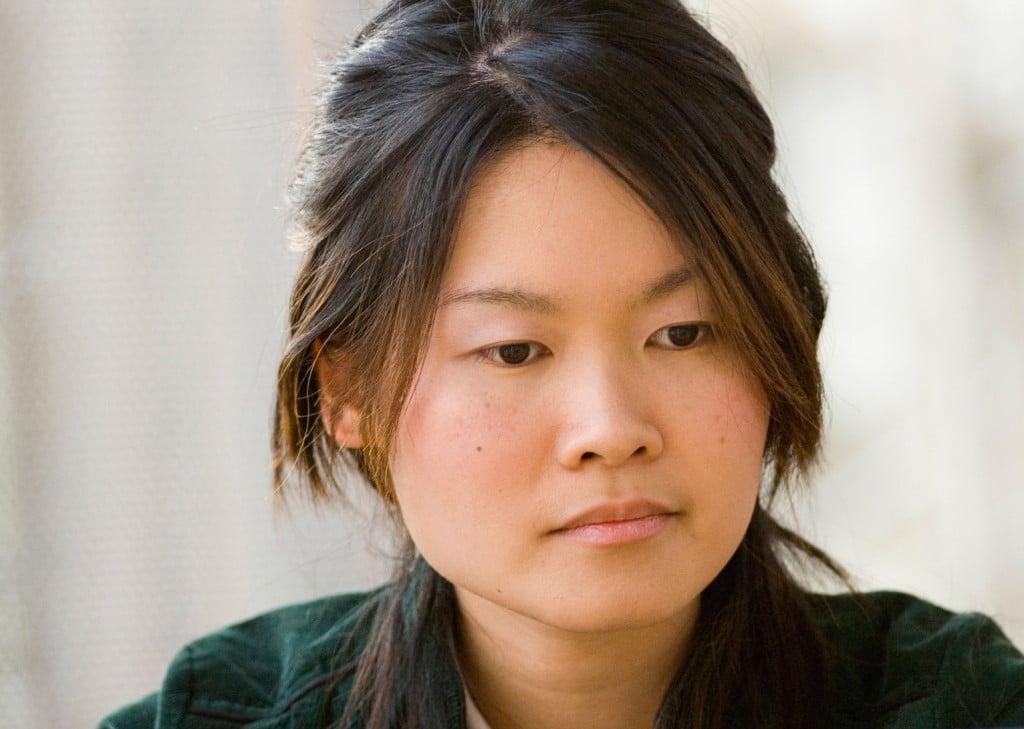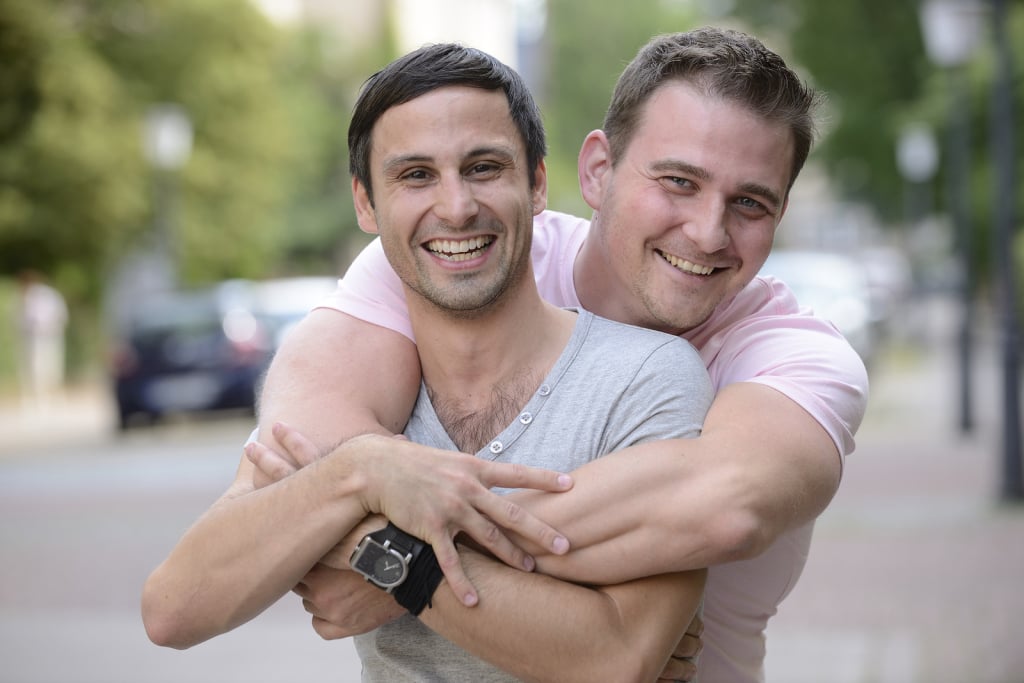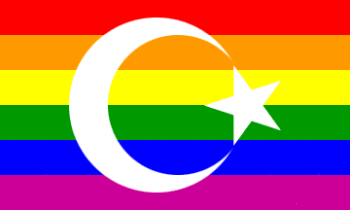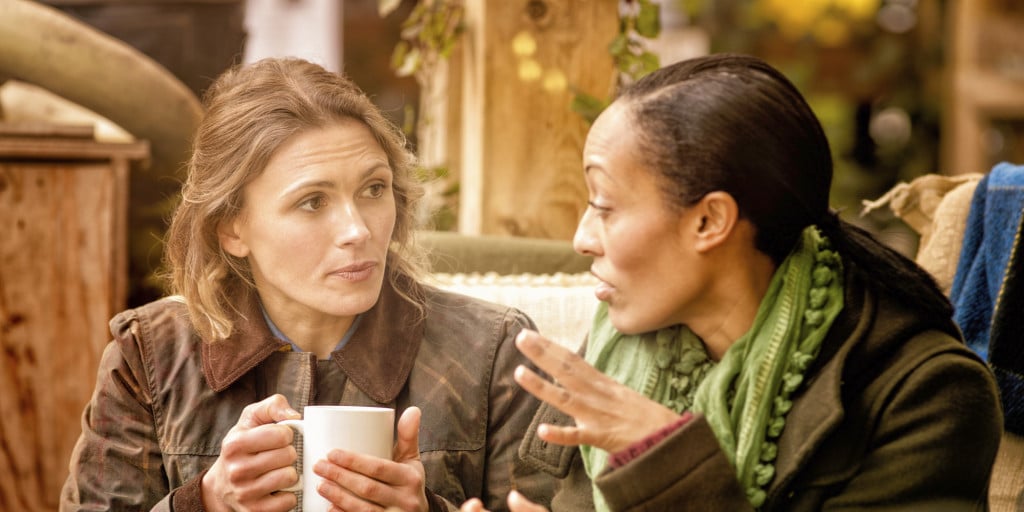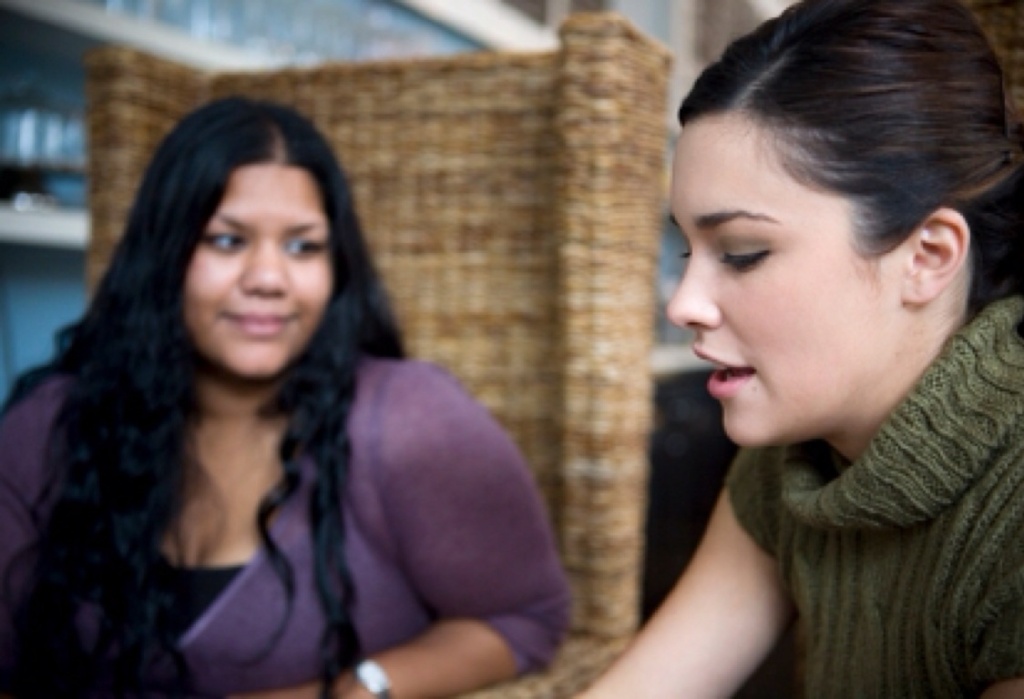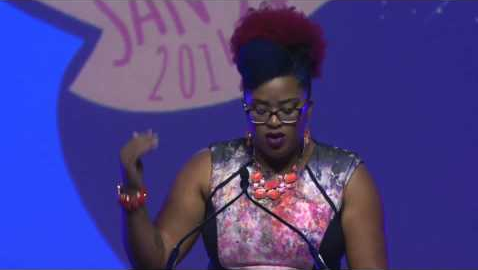Search results for: privilege
7 Questions Latinxs Who Don’t ‘Look Latinx Enough’ Get (And Why They’re Harmful)
Is your idea of “looking Latinx” based on stereotypes? You might be surprised by this info.
Read MoreHere Are the Real Reasons Why We White People Struggle to Admit That Racism Still Exists
For some of us, it’s baffling when white people accuse us of “making everything about race.” Here’s the root of that reaction – and why putting down those defensive walls means powerful growth and transformation.
Read MoreWhat On Earth Makes Us Want to Wear High Heels? Well, Here’s Your Answer
Why do so many (including this author) love heels, in spite of their problems? These answers are fascinating. Do you have any to add?
Read MoreIf You Judge People’s Teeth, You Might Be Being Classist – Here’s Why
Here’s how judgments of our teeth relate to class, looks, and disability discrimination – and how you can overcome them.
Read MoreWant to Be an Effective Ally in the Fat Acceptance Movement? Fight Your Internalized Fatphobia First
We weren’t expecting this article to take the turn that it did – but it helped us reevaluate our internalized oppression, so we’re sure glad it did.
Read More3 Ways to Lovingly Talk to Your In-Laws (Or Anyone, for That Matter) About That Hella Oppressive Thing They Just Said
The bad news: Your in-laws are harboring some bigotry. The good news? If you approach them this way, they’re all potential allies.
Read More3 Common Feminist Phrases That (Unintentionally) Marginalize Trans Women
Language around trans women is constantly evolving. So if you’re a cis ally, let’s make sure you don’t use these phrases and accidentally cause harm.
Read More5 Reasons Why High-Stakes Testing Is a Social Justice Issue
If you’ve taken a high-stakes test in school before, you know how stressful it can be. But did you realize these five ways that they also perpetuate inequality?
Read MoreBoy, Girl, Neither, Both? Why Assuming Is Awkward (And What to Ask Instead)
Wow, when you think about this way, the way we’re taught to decode each other’s bodies and genders is actually kind of creepy…
Read MoreWhat’s Your Excuse (For Perpetuating Fitspo’s Ableist Narrative)?
What does it say about how we value bodies when “fitspo” – or “fitspiration” – is so popular? There have been many debates about whether fitspo is empowering or disempowering, but we don’t often think about how fitspiration is highly ableist in its assumptions about health and our ability to work out to extremes. It’s time to expose these assumptions.
Read MoreNo, You’re Not Imagining It: 3 Ways Racial Microaggressions Sneak into Our Lives
Have you ever been insulted in a way that felt a little bit racist, but you couldn’t quite figure out why? Were you reluctant to say something for fear of being “too sensitive?” Microaggressions can take a big toll on us as people of color, as we begin to wonder if our own feelings are valid. But there are empowering ways to address microaggressions. Here’s how.
Read MoreThinking Critically About Who Pays for the Date
What do you think about before a date? You might plan for what you’ll say or wear. But what about who will pay? Here’s how common ideas about money and love relate to assumptions about gender and sexuality. We should be free to create connections that value our full selves. Get tips for thinking more about who pays for a date, and lose the patriarchal dating script.
Read More5 Ways to Deal with Misguided (But Well-Intentioned) Allies
It’s not that the misguided ally is a bad person. We know they don’t want to hurt us. But they do. And until misguided allies learn the error in their ways, the true work of activism and allyship cannot be done. Fortunately, there are a few activist communication hacks for dealing with the misguided allies we’ll all inevitably encounter. Read on for five.
Read MoreHomonormativity 101: What It Is and How It’s Hurting Our Movement
Who comes to your mind as the face of the Gay Rights Movement™? Here’s why we need to pay attention to why some people are more visible than others.
Read MoreWhy the Idea That Islam Promotes Intolerance of the LGBTQIA+ Community Is a Lie
In the West, many people view Islam as being inherently oppressive towards women and LGBTQIA+ people. Certainly some Muslim people use their religion to validate their prejudices. But as many Muslim feminists have been saying, while Islam has some such oppressive teachings, it more asks for compassion, acceptance, and love from us. Let’s question this monolithic view of Islam that hurts Muslim women and LGBTQIA+ folks and alienates Muslim feminists.
Read MoreCalling In: A Quick Guide on When and How
If the ultimate goal is to get someone to change their problematic behavior, then we need to be intentional and strategic about how we encourage people to do that, especially other activists. How do we, as people with shared goals for social justice, hold each other accountable? In addition to calling people out, we can also call each other in when we mess up.
Read MoreLabels: Empowering, Harmful, or Both?
Labels can be both useful and harmful — it depends on where and how we use those labels. Some people, however, advocate that we put labels to rest. They seem to think we’re perpetuating victimization and divisiveness. But here’s the thing: Labels don’t cause inequality. People do. This attitude just stands in the way of accountability and anti-oppression work.
Read More5 Things Straight Women Should Stop Saying to Queer Women
There are certain things people say to queer women over and over again that they just shouldn’t — and straight women do this, too. We think that women can’t oppress other women, but it’s entirely possible. And we need to talk more about it. So, here are five things straight women shouldn’t say when talking to queer women. And yes, we’ve heard them all before.
Read MoreAmerica’s Not Here for Us: What I Need to Teach My Black Son
Though America claims to stand for freedom, it reserves that freedom for a small, privileged, and entitled portion of its society. The parents of Black and Brown children, however, have to teach their children how to survive racism and other forms of institutional oppression. In this video, A’Driane Nieves passionately explains what freedom should look like.
Read More15 Questions White Folks Never Have to Ask Themselves
One of the most difficult parts of discussing privilege is that it can be extremely difficult to recognize your own. If you’re white, you know what we’re talking about. Check out this list of questions that people of color have to ask themselves on a constant basis. And let’s all work together toward creating a society where none of us need to ask these questions again.
Read More

